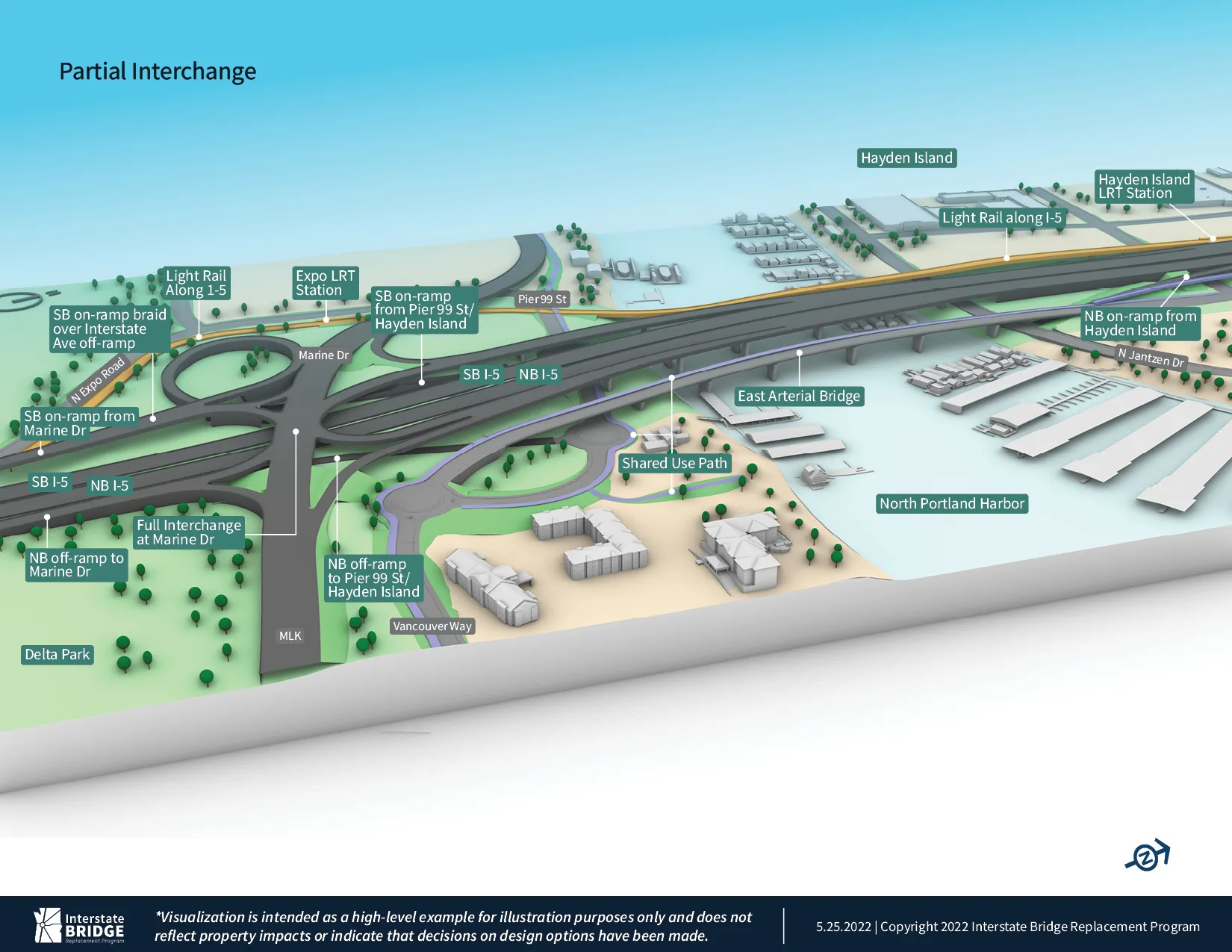Hazardous emissions from vehicle traffic have fallen in Sweden’s second largest city since the introduction of a congestion tax system. Gothenburg, a city of around 500,000 inhabitants, has seen a welcome fall in both nitrogen oxides and particulate matter, according to the city’s local authority.
October 31, 2013
Read time: 1 min
Hazardous emissions from vehicle traffic have fallen in Sweden’s second largest city since the introduction of a congestion tax system. Gothenburg, a city of around 500,000 inhabitants, has seen a welcome fall in both nitrogen oxides and particulate matter, according to the city’s local authority.








